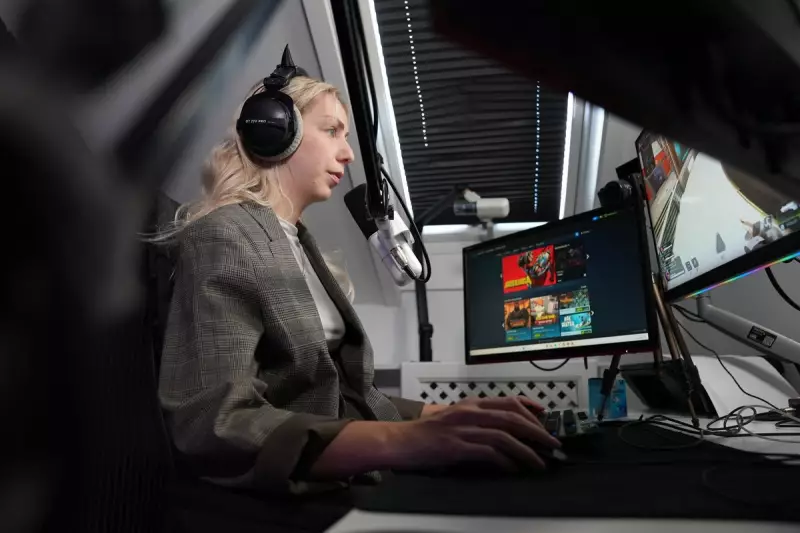
In a bold move that's sending shockwaves through the digital world, Danish authorities have launched a groundbreaking legal offensive against anonymous social media accounts suspected of orchestrating foreign election interference. The Copenhagen City Court has initiated proceedings that could force major tech platforms to reveal the identities behind accounts allegedly spreading disinformation.
The Digital Battlefield Expands
Copenhagen's legal manoeuvre represents one of Europe's most aggressive responses to the growing threat of digital election manipulation. While details remain confidential under court order, the case is believed to target accounts on platforms including Twitch and Instagram that authorities suspect are part of coordinated foreign influence campaigns.
This isn't just about removing content - it's about uncovering the real people and organisations behind the screens. Danish prosecutors are pursuing identification documents, IP addresses, and other crucial data that could expose foreign actors attempting to sway Danish democracy.
A Global Pattern Emerges
The Danish action comes amid increasing global concern about social media's role in democratic processes. From the 2016 US election to recent European votes, platforms have repeatedly faced criticism for failing to prevent foreign interference.
What makes Copenhagen's approach particularly significant is its focus on live-streaming platforms like Twitch, which have traditionally flown under the radar of election integrity efforts. This suggests authorities are adapting to evolving tactics used by those seeking to influence elections.
The Trump Connection
While court documents remain sealed, sources indicate some investigated accounts have shown support for former US President Donald Trump and have attempted to export divisive American-style political rhetoric into Danish discourse. This pattern mirrors concerns raised by intelligence agencies about foreign actors amplifying existing social divisions.
The case highlights the challenging balance between privacy rights and election security, setting a potential precedent for how democracies worldwide might tackle the shadowy world of digital election interference.





